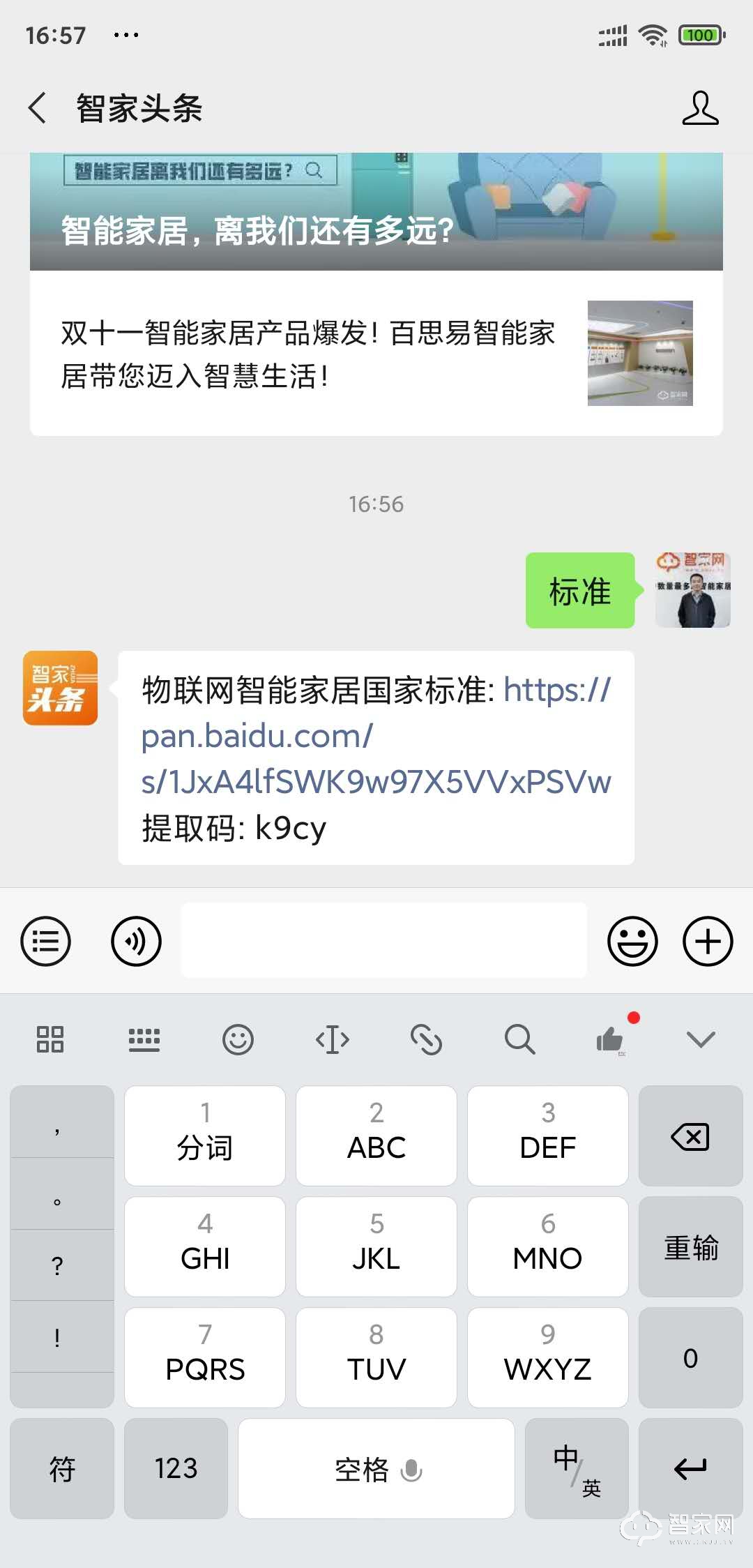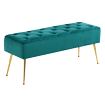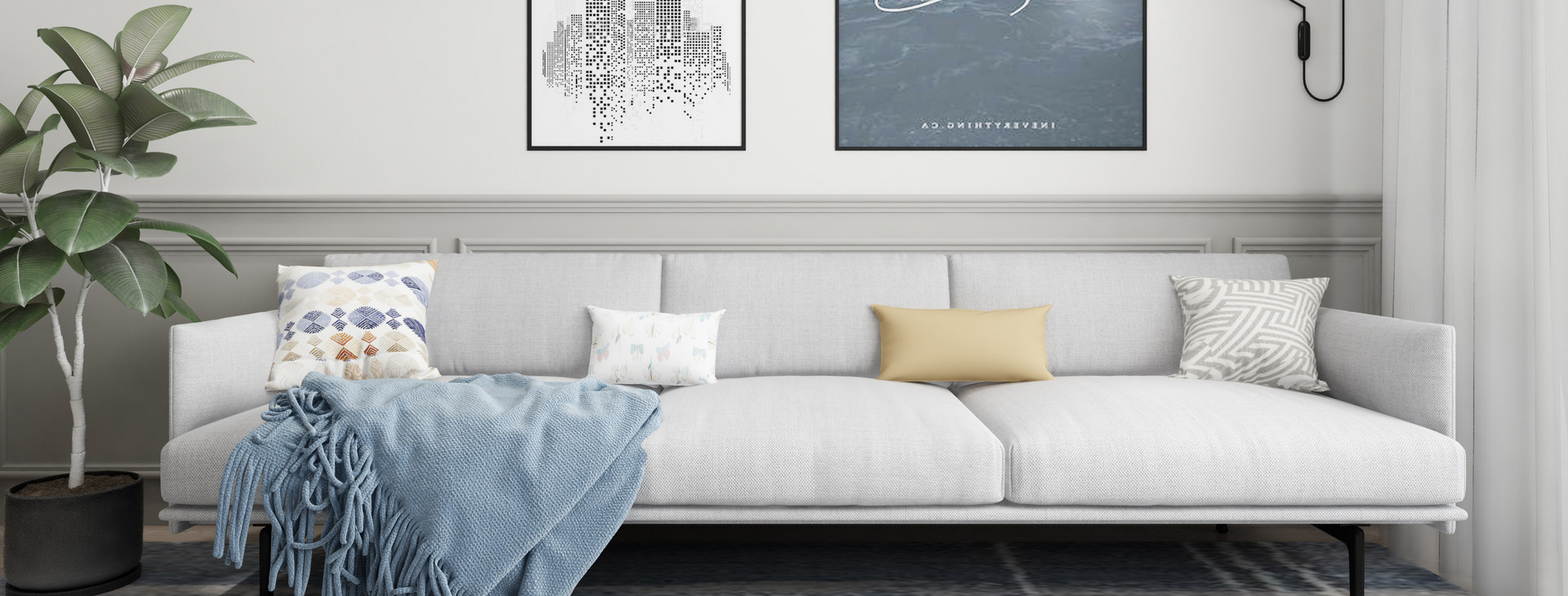The national unified market is coming! Clearly put forward opinions on the development of smart home
On April 10, the opinions of the CPC Central Committee and the State Council on accelerating the construction of a national unified market (hereinafter referred to as the opinions) was officially released, proposing that China will build a national unified market from the aspects of infrastructure construction and market facilities construction.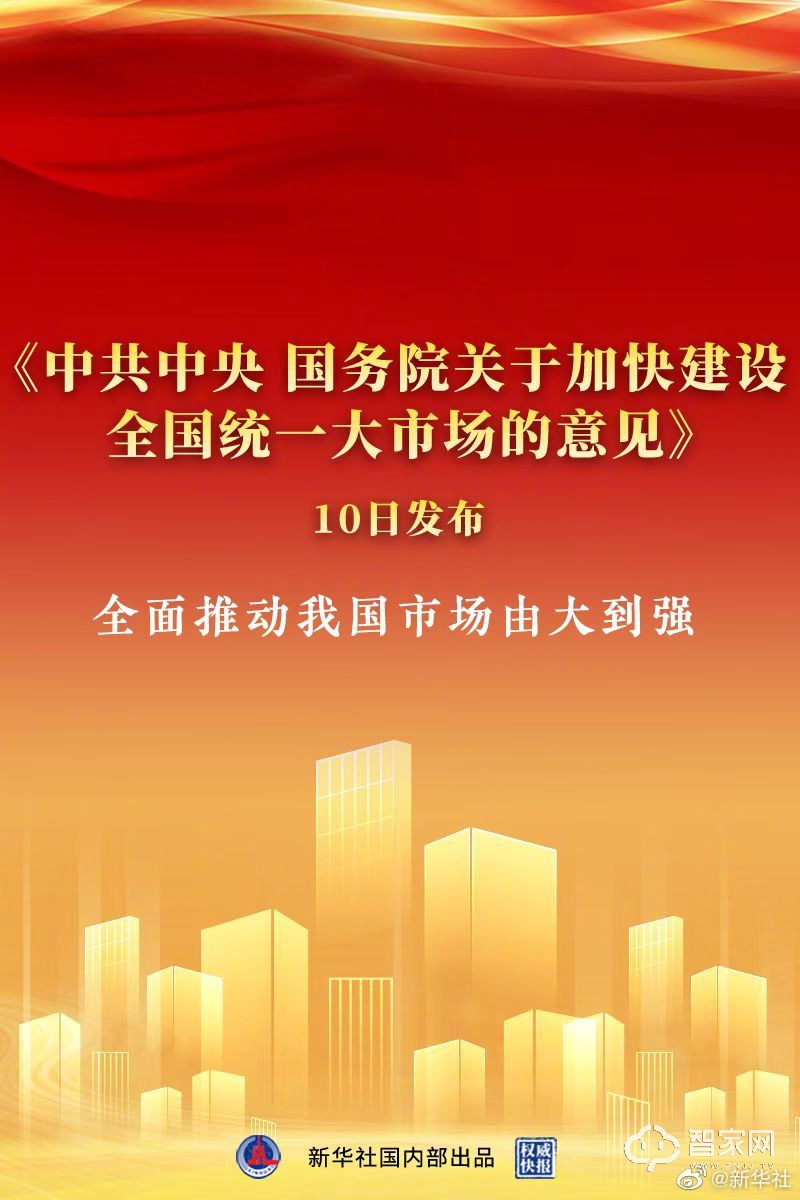
What is the unified market?
So, what is the unified market? What is the significance of building a national unified market?
A unified market refers to a large market in which the basic system and rules of a market are unified, the market facilities are connected with high standards, the elements and resources market, and the commodity and service market are unified at a high level. At the same time, the market supervision should be fair and unified, and the improper market competition and market intervention should be further standardized.
Guo Liyan, director of the comprehensive situation research office of the Chinese Academy of macroeconomic research, said: "to comprehensively consolidate the achievements of the smooth circulation of the domestic economic system, one of the key measures is to build a national unified market, which is conducive to further stimulate and cultivate the potential of the domestic market and provide a good support for us to resist external uncertainty with our greatest certainty."
How is smart home proposed?
Zhijia.com noted that Article 17 of the opinions clearly stated: "promote the unification of standards in the fields of smart home and security, explore the establishment of intelligent device identification system, and speed up the formulation of national unified standards and safety regulations for intelligent identification systems such as facial recognition, finger vein and iris."
In fact, this is not the first time that a unified smart home standard has been proposed at the national level.
Take the past two years as an example:
——On July 27, 2020, the Ministry of industry and information technology and other five departments jointly issued the guidelines for the construction of a new generation of national artificial intelligence standard system, which clearly promoted the development of smart home as one of the key industries.
——On October 10, 2021, the CPC Central Committee and the State Council issued the national standardization development outline
——In addition, in recent years, during almost every "two sessions", representatives proposed to speed up the construction of smart home standards and specifications
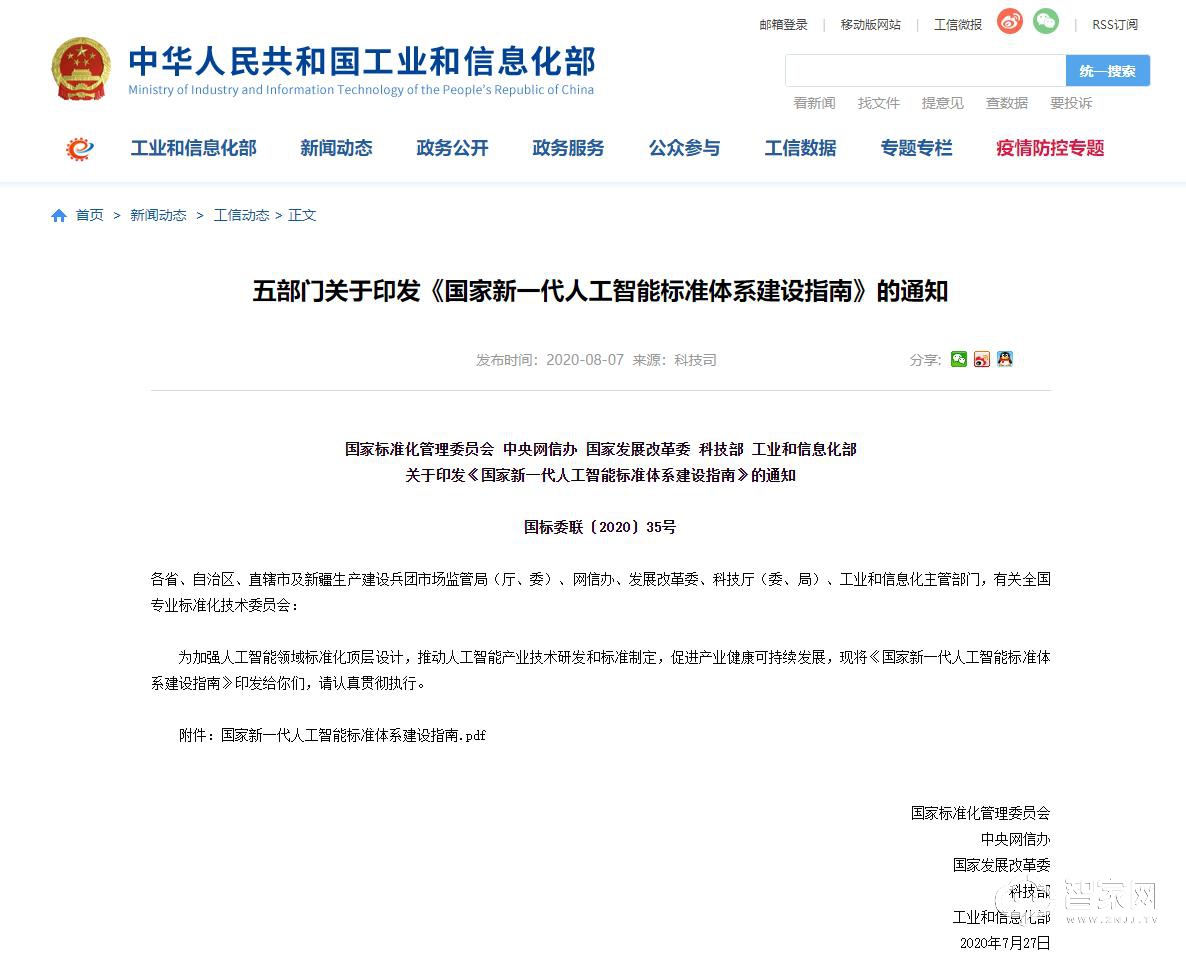
In addition, industry organizations are also actively promoting the establishment of standards:
——On December 1, 2020, the open smart Alliance (OLA alliance) was established to build a unified connection standard and industrial ecosystem of the Internet of things in line with China's industrial characteristics and leading technology, and open and promote it to the world.
——On December 28, 2021, the double numbered standards T / CCSA 328-2021 and T / cheaa 0019-2021 "technical requirements for cross platform access and authentication of smart home system" jointly formulated by China Household Appliances Association and China Communication Standardization Association were officially released.
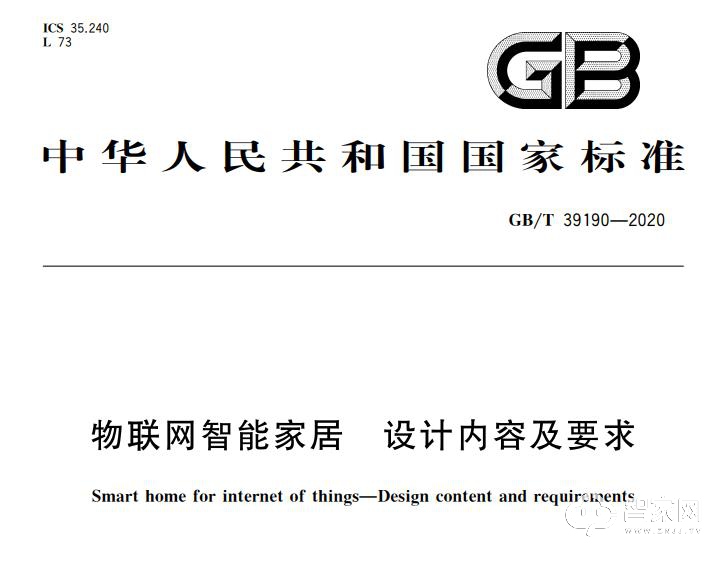
It can be seen that both the national level and the industry level are promoting the establishment of relevant standards for the Internet of things smart home industry.
How much impact can the unified standard bring to the smart home industry?
But zhijia.com believes that we should not place all the future of the industry on unified standards. Why do you say that?
First of all, from the perspective of industry trends, the whole house intelligent solution is the main landing method of the leading manufacturers at present, such as Huawei, euribo, uiot super smart home and so on. These brands package products to consumers in the form of whole house intelligence. Even if there is no unified standard, they can create a complete intelligent scene with good equipment linkage and excellent experience. If there is a unified standard in the future, it will be icing on the cake for these whole house smart brands.
Secondly, for all brands, the unified access standard is tantamount to opening their products and platforms to other manufacturers to some extent, especially in today's serious homogenization of smart home terminal products, in which there must be many hidden problems such as market competition and technical barriers. Therefore, the challenge for enterprises to maintain unified standards is how to ensure the implementation of differentiated standards.
Third, at present, the relevant national standards and industry standards of the smart home industry are recommended standards or standards between industry alliances, which are not mandatory standards of the whole industry and have little binding force on manufacturers.
Zhijia.com believes that relatively speaking, the biggest impact of unified standards is the intelligent ecological platform and the intelligent single product manufacturers relying on these platforms.
Ideally, with a unified standard, smart single product manufacturers do not need to consider whether their products are connected to Micah, Huawei, Alibaba and Xiaodu, because at that time, the ecological barriers will no longer exist and the major ecosystems can be interconnected. Therefore, for smart item manufacturers, their development cost is lower and their support platform is wider, so smart items are likely to benefit from it.
In contrast, for MI Jia, Ali and other intelligent platforms, the unified standard is equivalent to dismantling the ecological moat they have built for many years...
Referring to foreign matter agreements, as early as the end of 2019, one vote technology giants and zigebee Alliance (now renamed connection standards alliance CSA) jointly established a working group called "connected home over IP" to develop and formulate a set of smart home connection standards based on IP protocol.
At that time, chip announced that the first draft specification and open source materials would be released at the end of 2020, and new devices would be launched in 2021. However, it was not until May 2021 that chip passed the first official version of the specification and changed its name to matter. Since then, there has been little substantive progress. In August, the connection standards alliance CSA announced that it would postpone the release of the matter smart home standard to 2022.
In the view of zhijia.com, the docking and exchange between brands at the technical level certainly takes time, but the enthusiasm and initiative of all parties may be the main reason.
So do you think Huawei will let Xiaoai students of Xiaomi control its whole house intelligence?
PS: reply to "standard" in the background of [smart home bar] official account, and you can download and view the published national standards related to the smart home industry~
